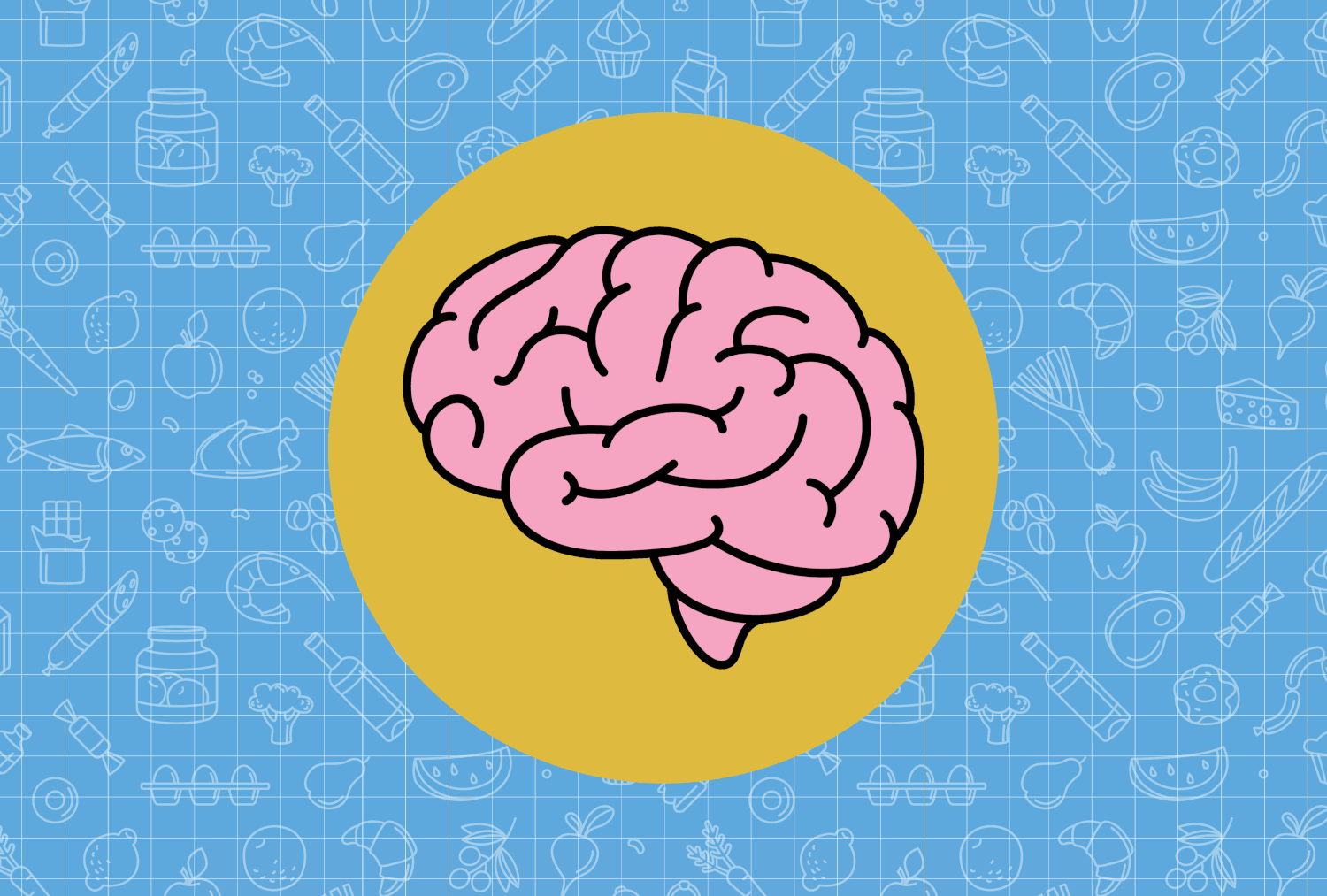
We don’t need to tell you that the foods you eat play a significant role in your long-term health. But did you know they also impact your cognitive health? In fact, what you eat may be as important for brain health as other lifestyle factors like exercise and sleep.
“With the right nutrition, you can support cognitive health and protect against cognitive decline,” says Miranda Galati, M.H.Sc., RD, a dietitian and owner of Real Life Nutritionist. While there’s no single nutrient for optimal brain health, certain nutrients are especially important. “Nutrients like omega-3 fatty acids from fatty fish, antioxidants from berries and leafy greens, protein from nuts and legumes, and B vitamins are crucial for maintaining and enhancing cognitive health,” says Wa Na Chun, M.P.H., RD, CPT, owner of One Pot Wellness.
Of course, busy schedules can often interfere with mealtimes. That makes picking balanced, nutrient-dense snacks an essential part of a brain-healthy diet.
Yet, when it comes to snacking, protein can sometimes be a bit of a challenge, especially since many high-protein snacks are easily perishable. Don’t worry. We have you covered! Read on to learn the best high-protein snack for cognitive health, plus other foods for a healthy brain.
The Best High-Protein Snack for Better Cognitive Health
If you’re looking for a nutrient-packed snack to support brain health, look no further than the inner aisles of the supermarket (yes, you read that right!). When you get there, grab some canned sardines with whole-grain crackers. They’re our No. 1 high-protein snack for better cognitive health.
What makes them so great? Packed with protein and healthy fats, this unconventional snack is shelf-stable and versatile. “Sardines are rich in omega-3 fatty acids and provide 20 to 25 grams of protein per 3-ounce serving,” says Chun. “For a quick snack, simply drain the liquid from a can of sardines and add a squeeze of lemon juice or a sprinkle of black pepper for flavor,” she says. “Serve them on whole-grain crackers or toast for a balanced snack that supports cognitive health.”
Why Protein Is Important for Cognitive Health
“Eating more protein is critical for a healthy body, and especially for your brain,” says Galati. “Many amino acids, which make up protein foods, are used to make neurotransmitters and other chemicals in the brain.” That’s not the only reason protein can benefit your brain. “It’s also possible that eating more protein nudges out some of the refined carbohydrates and unhealthy fats in your diet, supporting a more anti-inflammatory and brain-healthy diet overall,” adds Galati.
For instance, one study of people ages 60 and older found that higher protein intake, particularly from meat, eggs and legumes, was associated with better cognitive function. Additional research found that older people who ate slightly more protein, especially plant protein, experienced less age-related memory loss. So, you may also want to reach for the beans and legumes.
Nutrients for Brain Health
Protein isn’t the only nutrient that’s important for cognitive function. These nutrients can also help you stay sharp.
Omega-3 Fats
Research has shown that omega-3 fats can enhance learning, memory and blood flow to the brain. The best sources for brain health are fatty fish, like salmon, tuna, herring and—you guessed it—sardines. That’s because fatty fish are rich in brain-supporting omega-3 fatty acids called EPA and DPA (which happen to be our favorite nutrients for long-term brain health). These beneficial fats keep brain cells healthy so they can effectively communicate with one another as we age. That may explain why DHA has been linked to a reduced risk of Alzheimer’s disease in some people.
If fish isn’t your No. 1 choice, you can also get smaller amounts of omega-3s in the form of ALA from some plant foods like walnuts, chia seeds, soybeans, flaxseed and soybean oil.
Antioxidants
Antioxidants are naturally occurring substances that keep your cells healthy by protecting them from oxidative stress and free radical damage. And that includes brain cells. “Foods rich in antioxidants, such as blueberries, tomatoes and dark leafy greens, help protect against degenerative changes in the brain and enhance neural functioning,” says Chun. But don’t stop there. Antioxidants are found in loads of plant foods, including fruits, vegetables, nuts, seeds, whole grains, beans, and herbs and spices. So that tried-and-true advice to make half your plate fruits and vegetables can also do good things for brain health!
Vitamins and Minerals
Like the rest of your body, your brain needs vitamins and minerals to perform at its very best. For instance, iron is required to transport oxygen through the bloodstream to the brain. And lack of iron can significantly impair cognitive function, especially in infancy and childhood. Then there are vitamins. Starting in childhood, B vitamins are critical for brain development. For adults, vitamin E has been linked to better verbal memory and recall, and vitamin D and vitamin K have also been associated with better cognition.
Other Strategies for Brain Health
Yes, diet has a pivotal influence on brain health. But it’s not the only factor. For optimal cognitive health, lifestyle also matters. Galati says it’s just as important to stay mindful of alcohol, processed meats, refined carbohydrates and added sugar. “Quality sleep, regular movement and stress management are other important habits for brain health that can’t be overlooked,” she adds.
The Bottom Line
“A balanced diet consisting primarily of whole foods and regular exercise is essential for optimal cognitive health,” says Chun. When life gets busy, a healthy snack like canned sardines and crackers can help. In fact, it’s nutritionists’ No. 1 high-protein snack for better cognitive health. It’s quick, convenient and packed with brain-friendly nutrients, especially protein, omega-3 fats, antioxidants, vitamins and minerals. That’s why it’s part of Galati’s “nutrition by addition” approach. “Add more nourishing foods to your life, and make room for the fun stuff you really love too,” she says.
